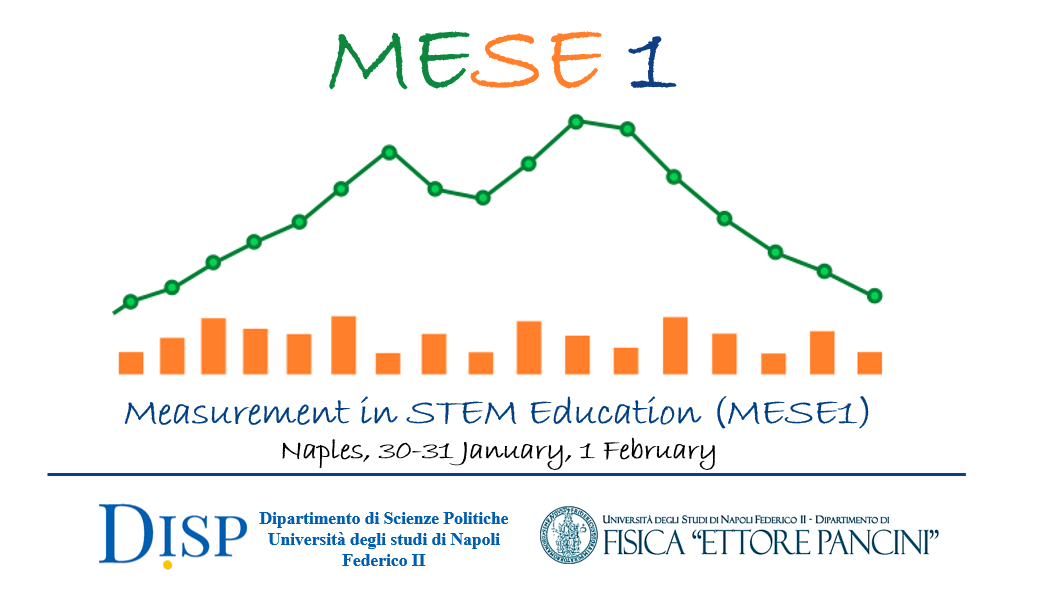Speaker
Description
Education stakeholders in times of the Covid-19 pandemic require a broad empirical base to recover from the crisis and to strengthen the resilience of education systems in the future. National assessments of students learning outcomes are potentially useful sources of education data during the COVID-19 pandemic, playing a pivotal role in monitoring school systems and improving education quality. In Italy, the National Institute for the evaluation of the education and training educational system (INVALSI) every year carries out a standardized national assessment of students’ achievements in primary and secondary education. From the school year (SY) 2018-2019, the INVALSI national testing program has been extended to the last year of upper secondary school, thus allowing to depict of an overall picture of students’ mathematics achievement at a key point of transition to tertiary education and employment. Results are reported not only in terms of numerical scores but also as proficiency levels, to offer substantial information on the proficiency status at the system level. The attribution of an explicitly described level is also supposed to allow the students, their families, and the teachers to have more significant and useful feedback compared to a simple score, thanks to the direct link to the content area covered by the test. The present work aims at providing an overall picture of students’ performance in the INVALSI mathematical assessment at the end of upper secondary school in the school year 2020-21, about one year after the COVID-19 outbreak in Italy, taking into account their pre-pandemic mathematics proficiency level (Grade 10, s.y. 2017-18). Protective factors and possible sources of inequalities in achievements during the COVID-19 crisis are also explored, by adopting a multilevel approach. The overall differences between pre-pandemic and pandemic cohorts in Italy suggest a pandemic achievement gap in mathematics at the end of upper secondary school, with a higher number of students resulting as low performers, i.e. “who are likely to use basic skills and procedures mainly acquired in lower secondary school and, partly, at the end of the first two years of upper secondary school […]” or maximum “knowing the basic mathematical concepts as outlined in the national guidelines for mathematics in the first two years of upper secondary school” […]. Considering their pre-pandemic starting points (G10) in a retrospective perspective, it emerges that although most of the G13 low performers were already struggling with mathematics, about one out of three moved from intermediate-high (G10 scale) to lowest levels (G13 scale). More encouraging results are those from another subgroup of pandemic-cohort students who maintained intermediate to high performance in mathematics (with respect to G10 and G13 scales), suggesting positive patterns of adaptation in the context of adversity due to the COVID-19 crisis. Multilevel analyses provide further insights into the relevance of different variables in supporting the students’ relative progresses in mathematics during the pandemic, both at the individual and the contextual level.

